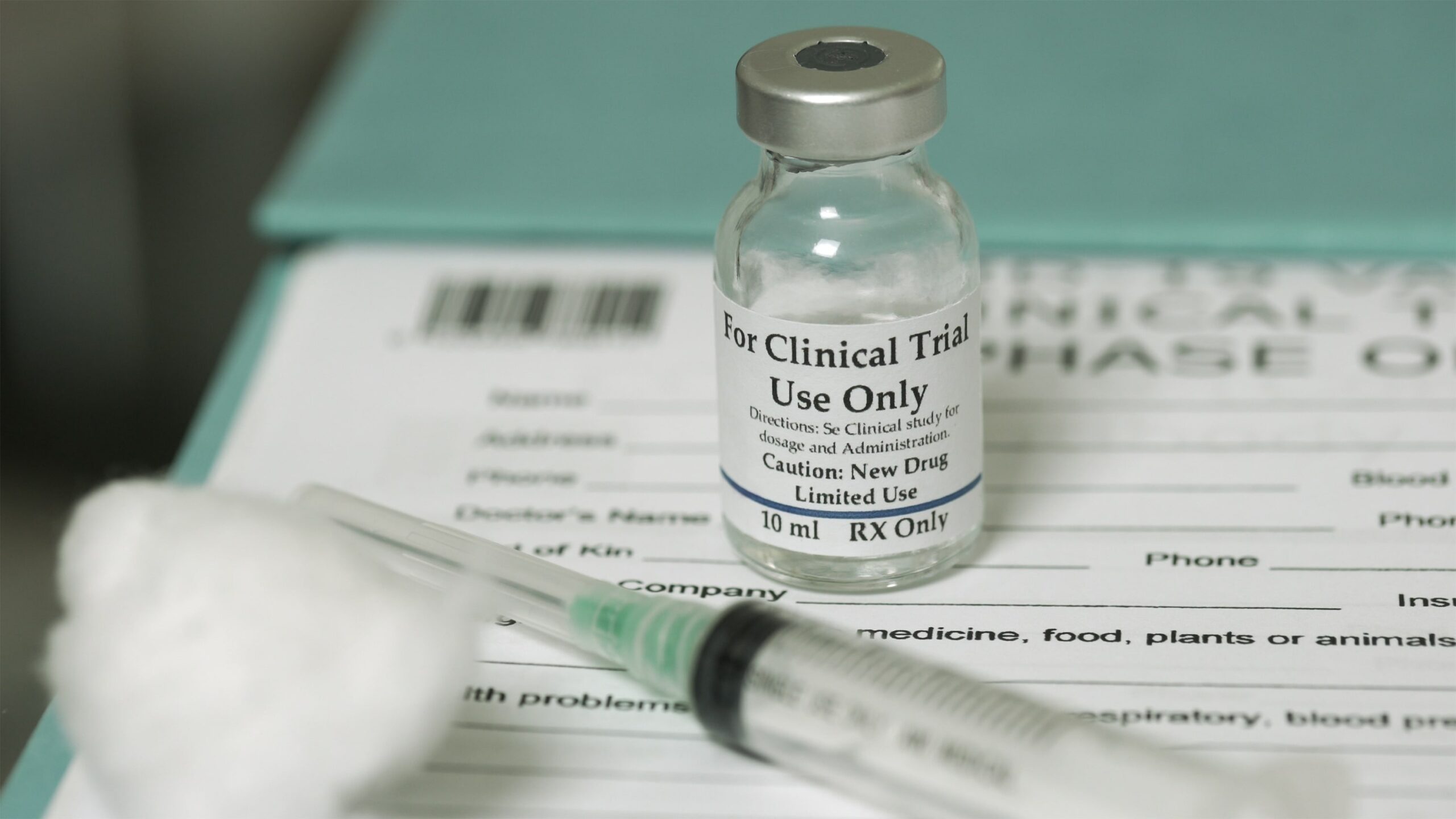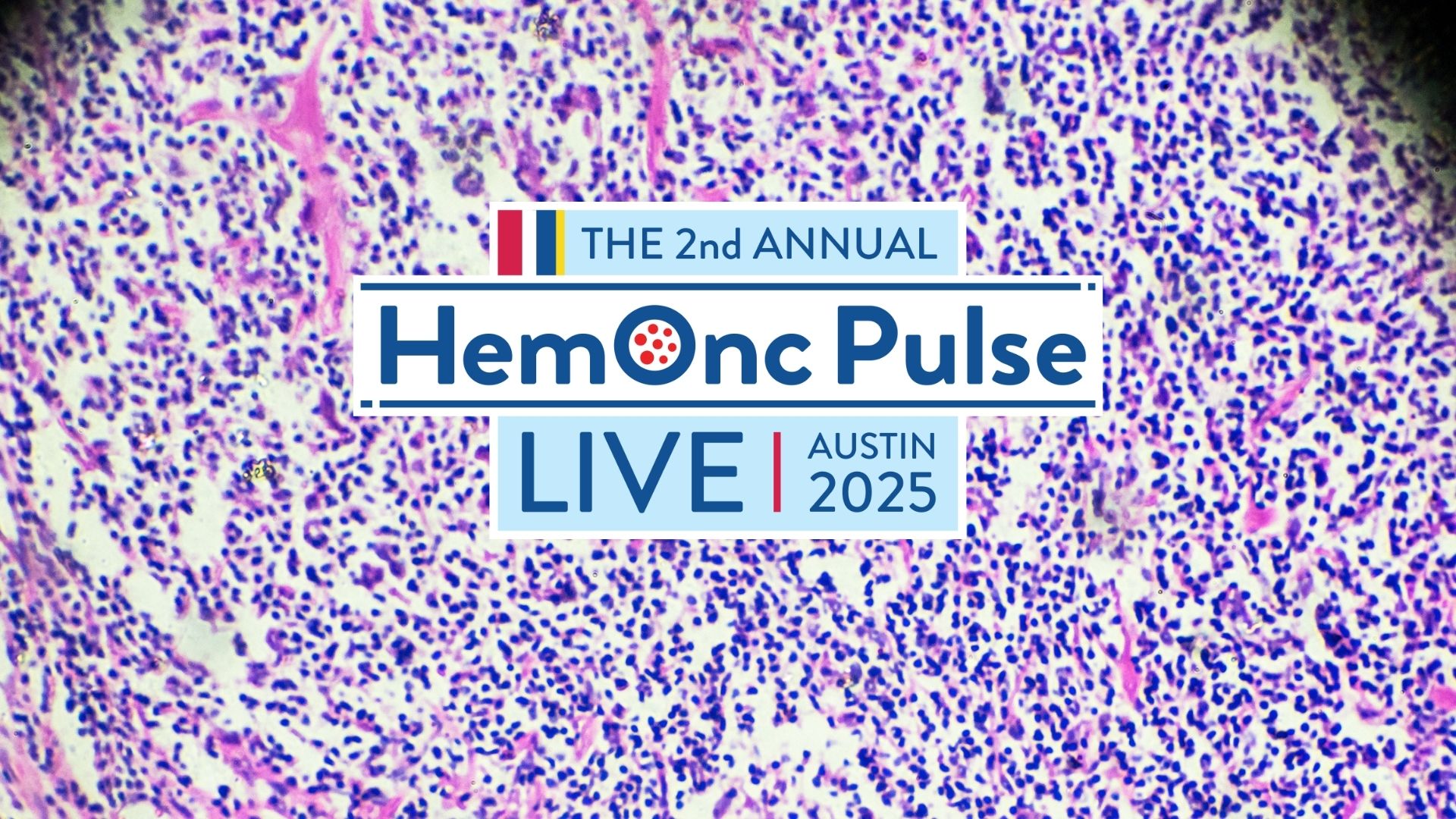
Post-autologous hematopoietic stem cell transplantation (AHSCT) consolidation with brentuximab vedotin plus nivolumab was “highly active” in patients with high-risk relapsed/refractory classic Hodgkin lymphoma, according to results from a phase II trial.
Alex Herrera, MD, of the City of Hope Medical Center, and colleagues conducted the research and published their findings in The Lancet Haematology.
Dr. Herrera and colleagues conducted the study because post-AHSCT consolidation with brentuximab vedotin improved progression-free survival (PFS) over placebo in patients with high-risk relapsed or refractory classic Hodgkin lymphoma.
The researchers conducted the phase II trial at five centers in the United States and included 59 adults with high-risk relapsed or refractory classic Hodgkin lymphoma. Most patients (58%) were male. The patients received brentuximab vedotin 1.8 mg/kg and nivolumab 3 mg/kg intravenously on day one of up to eight 21-day cycles. Patients received the therapy starting 30 to 60 days after they underwent AHSCT. The median time from AHSCT to treatment was 54 days, and patients received a median of eight cycles. The median follow-up was 29.9 months.
No dose reduction was allowed for nivolumab, but a 1.2 mg/kg dose reduction was permitted for brentuximab vedotin. Patients were allowed to continue one drug if the other was discontinued due to a toxic effect. The study’s primary endpoint was the 18-month PFS in all treated patients.
Nearly half (49%) of the patients completed eight cycles of brentuximab vedotin plus nivolumab, with 76% of patients completing eight cycles of at least one of the drugs. The 18-month PFS rate was 94% in all patients. Sensory peripheral neuropathy, reported in 53% of patients, was the most common adverse event, followed by neutropenia in 42%, and immune-related adverse events requiring corticosteroids in 29%. The researchers did not report any treatment-related deaths.
“Brentuximab vedotin plus nivolumab was highly active post-AHSCT consolidation for patients with high-risk relapsed or refractory classic Hodgkin lymphoma, most of whom had previous exposure to either brentuximab vedotin or PD-1 blockade,” Dr. Herrera and colleagues concluded. “Combination immunotherapy in this setting should be further studied in patients with classic Hodgkin lymphoma with further refinement of the regimen to mitigate toxic effects, particularly in high-risk patients in whom more intensive therapy to prevent relapse is warranted.”
Reference
Herrera AF, Chen L, Nieto Y, et al. Brentuximab vedotin plus nivolumab after autologous haematopoietic stem-cell transplantation for adult patients with high-risk classic Hodgkin lymphoma: a multicentre, phase 2 trial. Lancet Haematol. 2023;10(1):e14-e23.






 © 2025 Mashup Media, LLC, a Formedics Property. All Rights Reserved.
© 2025 Mashup Media, LLC, a Formedics Property. All Rights Reserved.